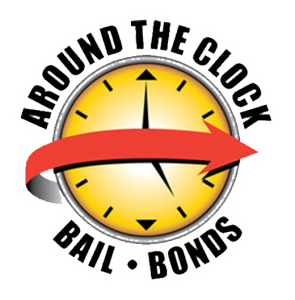Types of Bail Bonds
The following are the four most common types of bail bonds for defendants who do not have the option of being released on citation.
The Four Most Common Types of Bail Bonds:
Cash Bond
For a cash bond, hard cash is paid for the full amount of bail. The person who posts a cash bail can receive a refund after paying it, but the court will keep a portion of the money for administrative fees and may take several months to issue the refund. A cash bond is forfeited to the court if the defendant fails to appear in court even if it is an accidental forfeiture.
Surety Bond
The safest and easiest method for jail release is a surety bond (also referred to as a “bail bond”). It is often used when the defendant cannot afford to pay his or her total bail in cash or does not want to risk the forfeiture of a cash bond. In most cases, surety bonds are issued by bail bondsmen, like those at Around the Clock Bail Bonds. Typically, the bondsman charges a small percentage of the total bond in exchange for this service.
If the defendant fails to appear in court, it will force the bondsman to pay the entire value of the bond, in cash, to the county. When this happens, a bondsman may hire a bounty hunter to track down the defendant and return him or her to the custody of the court.
Personal Bonds
For a personal bond, a defendant is released with a small upfront cost with the assumption that he or she will appear at the scheduled court date. This bond is only granted to defendants who are judged to present no danger to others and are considering a very low flight risk. The unforeseen costs and inconvenience of a personal bond are the time and money used for required classes.
Property Bond
Some counties allow property bonds. For a property bond, the defendant provides the court with property as a form of bail bond. In most cases, the property must be valued at least twice as high as the bail amount. The court has a lien on the property, ensuring that it can take possession of the property if the defendant forfeits bail by failing to appear in court. A property bond can take significantly longer to complete than other bond types because the application requires a number of notarized documents and appraisals that verify the value of the property being offered as bond.


